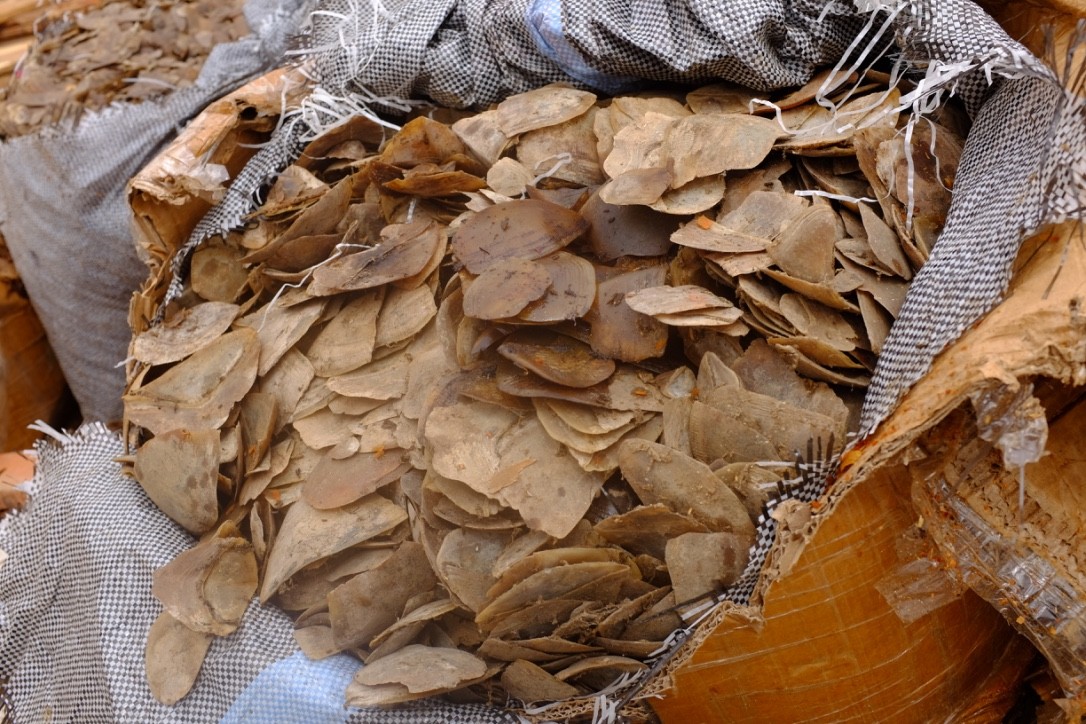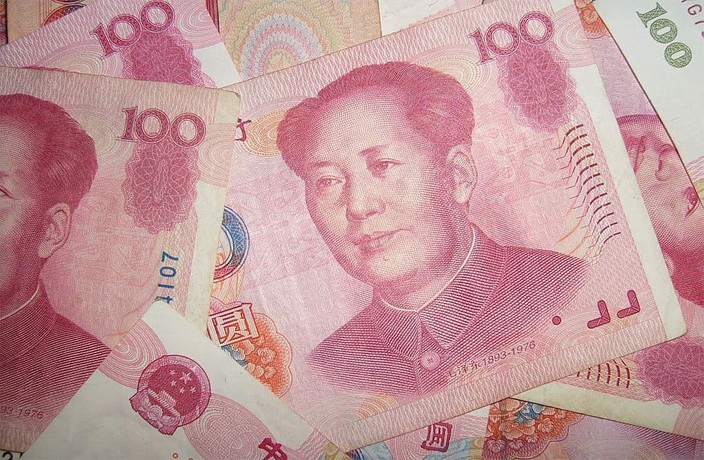Pangolins are finally getting the attention they deserve as conservation efforts in China have ramped up this year.
To put pangolin protections into context, some history is needed. Pangolins are considered the most trafficked animal in the world, according to WildAid and National Geographic, with their scales used in Traditional Chinese Medicine (TCM) and their meat considered a luxury in China and Vietnam.
In 2016, the Convention on International Trade for Endangered Species of Wild Flora and Fauna (CITES) banned the international trade of pangolins. While China is a member of CITES, this legislation didn’t stop the black market trade of pangolins. Finally in February of this year, China banned all wildlife consumption following reports that the new coronavirus outbreak was linked to a poorly regulated live animal and seafood market in Wuhan. By early April, Pub Med and Science Direct both published studies that stated SARS-CoV-2 (the virus which causes the disease COVID-19) was most closely related to Pangolin-Cov, putting pangolins at the top of the list for possible spreaders of the disease.
Recent milestones for the conservation of pangolins include China upgrading the level of protection for pangolins from second-class to first-class on June 5, meaning anyone caught hunting, killing, smuggling, or trading pangolins could face up to 10 years in prison, according to CGTN. A few days later it was reported by China-based newspaper Jiankang Times that the scaly creatures were removed from the Chinese pharmacopoeia. By doing so, China eliminated one of the last legal uses of pangolins in the country as the earlier February ban on the consumption of wildlife didn’t pertain to TCM. While the new pharmacopoeia doesn’t go into effect until December 30, 2020 according to People’s Daily, it is still considered a win for conservation efforts.
“In my mind, this is about showing political will. It was already illegal to trade or own [pangolin], and then in February China made consumption illegal,” Nicole Benjamin-Fink, Director of Conservation Beyond Borders, tells That’s in a video call from Minneapolis. However, she notes that this new protection level is vague in addressing the issue. “Quite a few conservation organizations have pushed back and said [this legislation] is unclear. What is consumption? What is wildlife?” she remarks, while telling us that pangolin scales are still viewed as valuable social gifts, much like a rhino horn.

Pangolin scales. Image via Wikimedia
As for pangolins being left out of the TCM pharmacopoeia, Benjamin-Fink says, “While banning consumption in the TCM area is amazing, there are still some loopholes which we’re hoping to clarify, for example, the usage of previously confiscated pangolin scales which are stockpiled and can legally be used for research.” She explains this loophole by pointing out that it is virtually impossible to differentiate between recently poached scales and previously stockpiled scales.
Pangolin scales are made of keratin (the same stuff as human fingernails) and have no verified health benefits, according to National Geographic. While removing pangolin scales from the list of traditional medicines could be an admission that these treatments aren’t effective, this doesn’t neccesarily appear to be the goal. According to China-based newspaper Jiankang Times, there is a precedent for removing items from the list of traditional medicine pharmacopoeia. For example, rhino horn and tiger bone were both previously removed from the list, however, they were replaced with near-threatened buffalo and endangered leopard. The newspaper stated that pig’s foot could be a viable replacement for pangolin scales in the TCM pharmacopoeia. Benjamin-Fink remains optimistic, saying “We’re interpreting this ban as the government clarifying misbeliefs associated with this keratin-based product.”
In recent years, the initiative to protect pangolins has gained traction, with celebrities like Jackie Chan and Angelababy becoming ‘pangolin ambassadors’ for WildAid, campaigning for the protection of pangolins.
 Image via Naomi Lounsbury for That's
Image via Naomi Lounsbury for That's
Chinese netizens are also in favor of pangolin conservation, as one user posted, “Protecting these wild animals is equal to protecting humanity.” Another user wrote, “There are very few pangolins left, I wish everyone can see the importance of protecting wildlife.”
While most Chinese nationals are on board with the movement to protect pangolins, there is a deeply rooted history and tradition behind the consumption of pangolins as their meat is viewed as a delicacy and pangolin blood has been used as an aphrodisiac, according to Himalayan Times.
Benjamin-Fink explains this cultural dichotomy saying, “There is a cultural tendency to appreciate eastern medicine because it seems like we’ve come so far with our westernization and globalization, we really need to stop and go back to our roots. All of this mysticism sounds enchanting but it’s not scientifically based and now China is clearing up these misconceptions about animals used and keratin-based products used in Traditional Chinese Medicine. This is a win.”
[Cover image via @松鼠濑尿虾/Weibo]






















0 User Comments